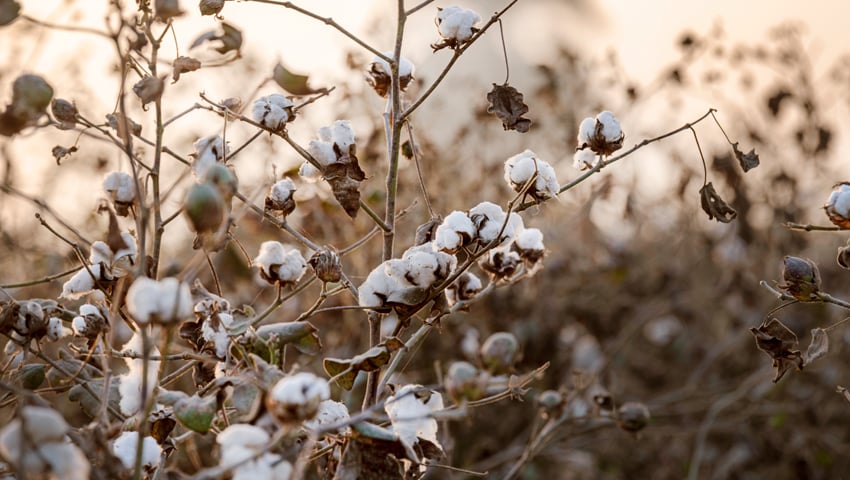Global regenerative agriculture programme, regenagri® is launching several new standards to both enhance the sustainability and traceability of food and textiles produced regeneratively and add quantifiable criteria behind regenerative claims.
The programme supports farms and organisations transitioning to holistic farming, increasing soil health, encouraging biodiversity, reducing green house gas emissions and sequestering CO2. regenagri also provides farmers with routes to additional funds through carbon credit markets and environmental subsidies.
The five new standards were launched on May 28th, and webinars will take place on 20 June to provide an in-depth overview for suppliers, manufacturers, and stakeholders throughout the food and textile supply chains.
Franco Constantini, regenagri CEO, said that the organisation has seen significant growth in recent years, with its programmes covering extensive farmland areas globally. He said, “The new standards reflect this growth and our commitment to continuous improvement, addressing the evolving needs of the agricultural industry. They will provide a more comprehensive framework for assessing and verifying the positive impacts of regenerative agriculture, ensuring greater traceability and environmental stewardship across global supply chains.”
Introducing the new standards
1. regenagri Content Standard (regenagriCS) update
This standard offers a robust framework for chain of custody requirements across food, feed, and textile materials, setting requirements for the content of regeneratively grown products from farm to final product.
The main changes to this standard include new requirements for transaction certificates, additional traceability systems in addition to transaction certificates and due diligence.
The long-term goal of this voluntary standard is to increase regenerative agriculture production and therefore provide significant environmental benefits, such as reduced carbon footprint, enhanced biodiversity and improved soil health. This will give an assured route to market for regenerative produce.
2. regenagri CoC Food update
Applicable to food products and their supply chains, the Chain of Custody (CoC) Standard has been updated to require a minimum of 80% regenagri certified content. This standard also includes traceability assurance, regulatory requirements and segregation throughout the supply chain.
3. regenagri CoC Textile update
This standard applies to textile production and emphasises the importance of traceability and segregation from primary processing to end products. This includes strict minimum content requirements to regenagri certified materials.
4. New regenagri Insetting Standard
The regenagri insetting standard allows licensed organisations to inset impact generated at farm level. The impact claims can be made within the same supply chain and in accordance with the requirements of the standard.
The regenagri Insetting Standard aims to:
- Increase the adoption of regenerative farming and drive environmental impact
- Provide a framework to drive and regulate financial benefits for farms
- Provide a monitoring and traceability system to assure validity of impact claims
5. New regenagri Claims Requirements Overview
This provides guidance on making marketing, product, commitment and impact claims linked to regenagri certified farms and products.
It outlines the responsibilities of organisations line with set requirements.
